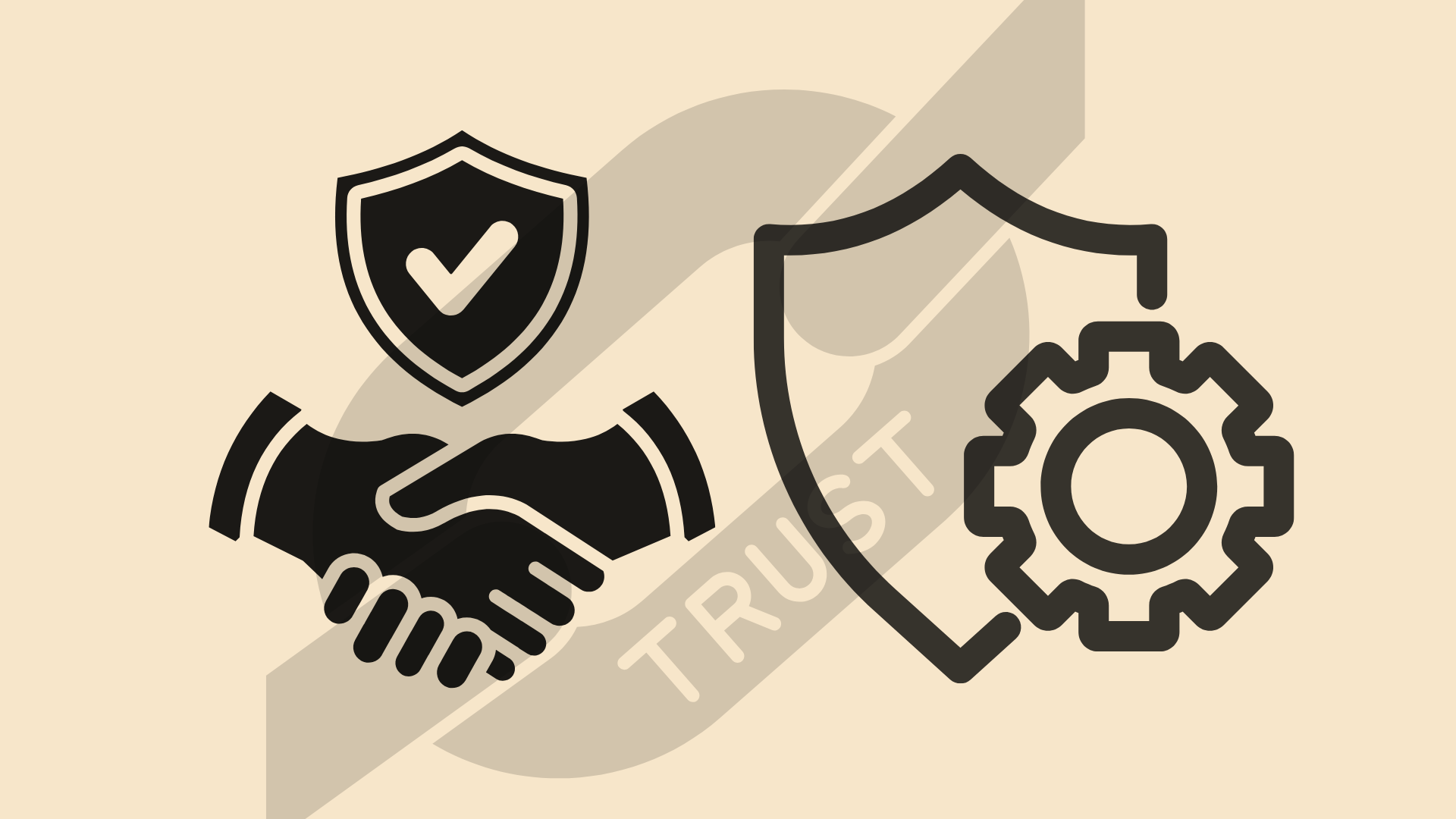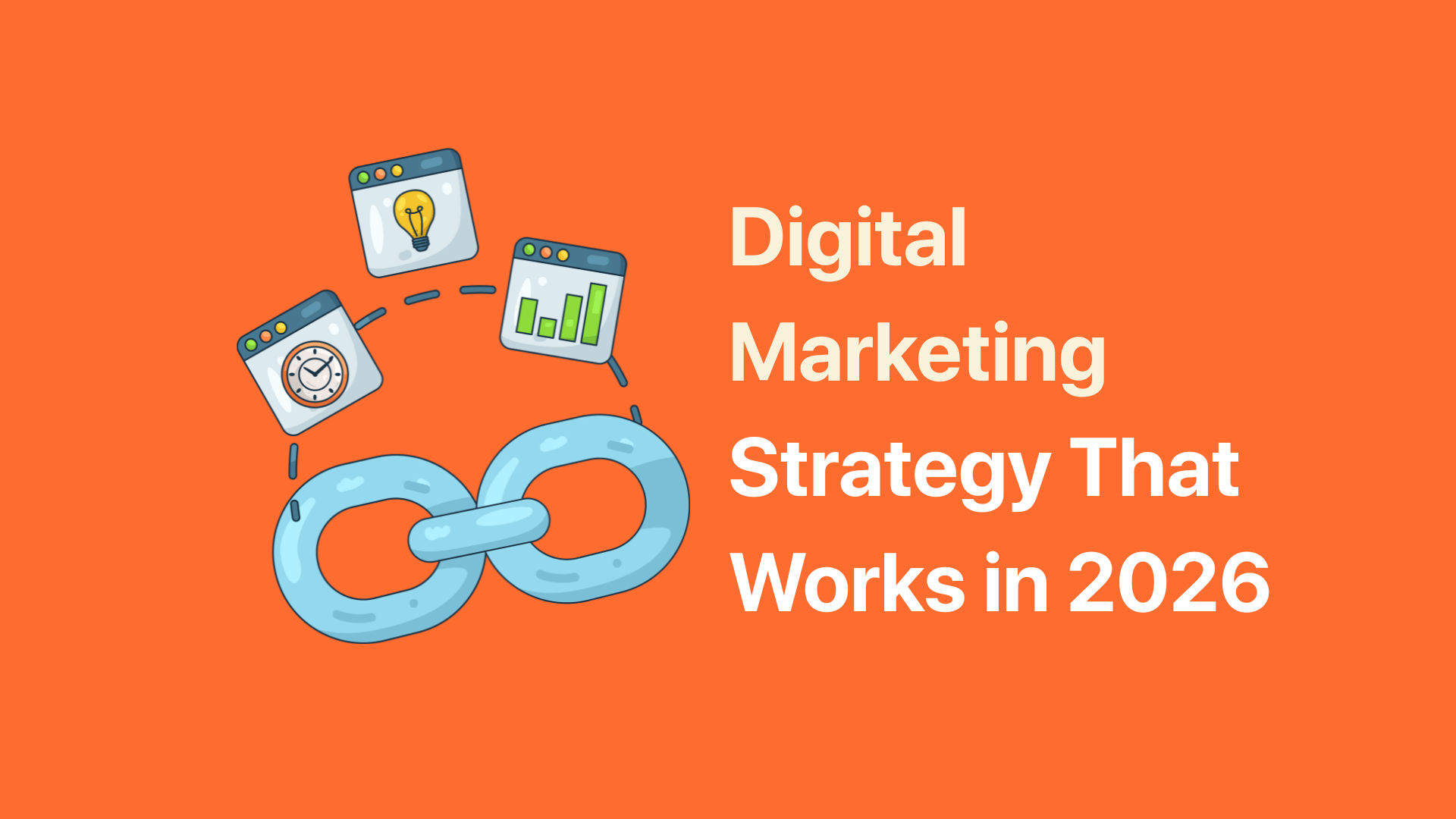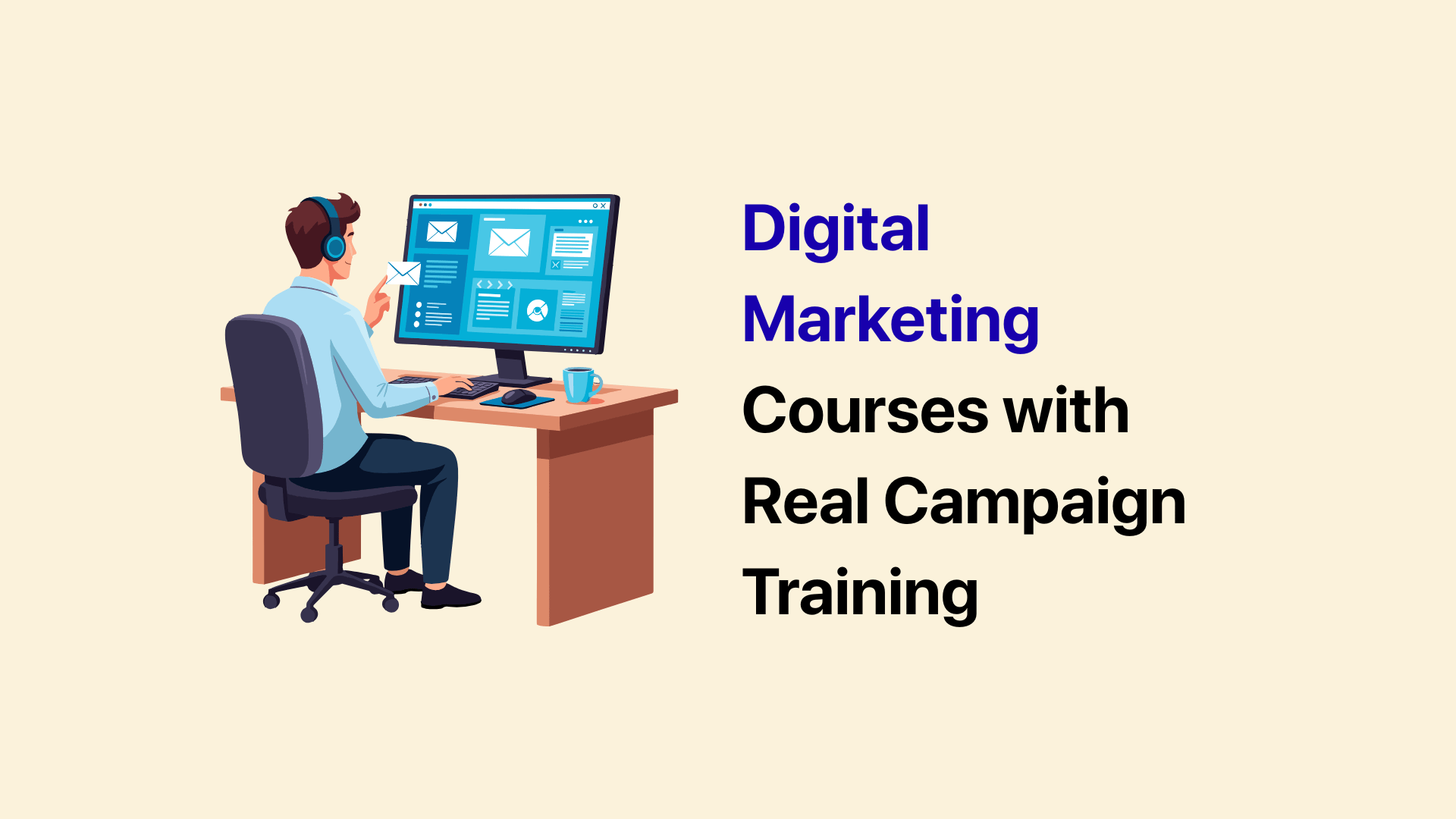How to Manage Your Digital Marketing Tech Stack for Predictable Growth
Running a business is no walk in the park, especially when Digital Marketing Technology keeps changing rapidly.
Many companies face challenges with outdated systems, increasing IT expenses, or ongoing technical issues that hinder operations and frustrate teams.
The $10,000 Marketing Mistake You're Making Every Day—and how smart Digital Marketing Technology can fix it and scale your leads on autopilot.
Did you know businesses relying on professional technology management often experience more efficient workflows and fewer interruptions
This is why organizations must treat their marketing tech stack with the same rigor as their core IT infrastructure.
Strategic technology management handles complex tech tasks so companies can concentrate on growth instead of dealing with issues like broken lead forms or data silos.
In this blog, you'll learn how smart technology adoption and management enhance efficiency, reduce costs, and protect your vital lead generation systems.
Ready to tackle those challenges? Keep reading!
Enhancing Campaign Efficiency with Smart Technology
Businesses accomplish more when systems from your online forms to your CRM work smoothly. Strategic technology management simplifies tasks and keeps your entire marketing operation on track.
a) Streamlining Operations with Automation
Automation simplifies repetitive marketing tasks, freeing up your teams to focus on important objectives like strategy and content creation.
Digital Marketing Technology Management combines tools that handle data entry from online forms, system monitoring (like site speed checks), and routine updates automatically.
This reduces human error while saving time. Time saved is money earned when operations run efficiently.
Smart automation also assists in project tracking or inventory management by applying real-time insights.
For example, automated lead scoring based on form responses instantly tells sales which prospects to prioritize.
These changes make workflows faster and reduce operational delays.
b) Minimizing Downtime and Technical Issues
Automation may simplify tasks, but technical difficulties like a form submission error or a broken landing page can disrupt those efficiencies.
Proactive Digital Marketing Technology providers work diligently to minimize downtime by predicting problems before they happen.
Advanced monitoring tools identify issues like slow-loading pages or technical SEO errors early, keeping your lead generation systems operating efficiently and preventing expensive interruptions.
These services also offer fast problem-solving if issues occur.
Skilled professionals respond promptly to network failures or hardware malfunctions.
This immediate response helps businesses sustain dependability, meet deadlines, and avoid losing significant revenue during outages, especially when key campaigns are running.
Driving Cost Efficiency and Predictable Expenses
Predictable expenses simplify budgeting and ease financial stress. Strategically managing your marketing technology stack slashes unnecessary costs, keeping businesses financially healthy.
a) Lowering Technology Infrastructure Costs
Smart Digital Marketing Technology Management reduces expenses by combining systems and improving resource use.
This often means removing the need for expensive on-premises servers used for data storage, replacing them with cost-effective cloud-based solutions.
Businesses save money on hardware upgrades and maintenance, which often strain budgets.
Outsourcing complex technology management also reduces payroll costs. Companies avoid hiring full-time specialists for every platform (e.g., dedicated CRM architect, security engineer) while gaining access to experienced professionals at a reduced cost.
Predictable monthly fees for cloud platforms or third-party management take the place of unexpected repair bills, helping businesses manage their budgets more efficiently.
Organizations looking to evaluate potential partners for their complex technology or IT needs can find valuable, data-driven insights and unbiased reviews on platforms such as Cloudsecuretech.com.
Furthermore, to ensure your go-to-market strategy effectively leverages these investments, engaging marketing specialists like Jumpfactor Agency (a marketing agency for IT MSPs) is essential for accelerating growth.
b) Reducing Unplanned Maintenance Expenses
Reducing infrastructure costs is just the start. Predictable spending becomes possible by addressing unexpected maintenance expenses directly.
Early detection of issues through continuous monitoring and remote management tools prevents problems, such as a database error corrupting lead data, from escalating into expensive repairs.
Scheduled maintenance routines replace unplanned emergency fixes.
This method saves money while ensuring systems operate efficiently. Reduced downtime leads to fewer interruptions, safeguarding both productivity and profits for businesses of all sizes.
Access to Advanced Technology and Expertise
Businesses stay ahead by using advanced tools and skilled marketing technology professionals. Strategic tech management gives you access to resources that were once out of reach.
a) Leveraging AI and Machine Learning
AI and Machine Learning are changing Digital Marketing Technology. These tools process large amounts of form data, campaign metrics, and site traffic rapidly to identify patterns humans might overlook.
1. Predictive Analytics assists businesses in anticipating system failures before they occur, minimizing downtime and reducing costs.
2. Security Providers apply machine learning to recognize cybersecurity threats instantly, especially when securing data collected via online forms.
3. AI-based systems identify abnormal behavior across networks, preventing breaches before damage happens.
This method enhances risk management while increasing dependability for daily operations.
b) Utilizing Scalable Cloud Solutions
Cloud services adapt to meet a business's growing demands.
Small companies can start with basic storage or computing options and expand as projects or teams grow, for example, easily handling a massive spike in traffic from a viral marketing campaign.
These solutions remove the need for constant hardware upgrades. Businesses save costs while improving flexibility, teamwork, and critical data security.
Strengthening Cybersecurity and Compliance
Cyber threats become more advanced every day, endangering sensitive customer data collected through your digital assets.
Strategic Digital Marketing Technology protects businesses from these dangers by creating dependable defenses and maintaining strict adherence to regulations.
a) Implementing Zero-Trust Security Frameworks
Zero-Trust Security Frameworks block unauthorized access to your marketing data by demanding verification at every step.
They treat all users and systems as potential threats, even those inside the network like a marketing team member accessing lead data.
This approach minimizes risks from insider attacks and external breaches alike.
Businesses gain more oversight by continuously authenticating identities and monitoring activity. Instead of assuming trust, these frameworks rely on strict protocols like multi-factor authentication and encryption.
Technology managers configure reliable tools to enforce these measures efficiently across your marketing networks.
By minimizing vulnerabilities, companies enhance protection for sensitive data while meeting stricter compliance standards.
b) Ensuring Adherence to Industry Standards
Adhering to industry standards protects businesses from costly penalties.
Digital Marketing Technology experts concentrate on maintaining compliance with regulations like GDPR, HIPAA (if applicable to collected data), or PCI DSS.
They consistently monitor updates in legal and technical guidelines to ensure your systems align with current rules.
Regular audits and assessments detect potential gaps early. These processes lower risks related to data breaches and operational delays caused by non-compliance.
Enhancing cybersecurity protocols also protects sensitive information as companies expand their technology infrastructure for growth.
Conclusion
Strategic Digital Marketing Technology Management keeps businesses operating efficiently without unnecessary complications.
It addresses technical challenges while business owners concentrate on expansion.
With improved resources and expert assistance, companies save time and reduce expenses.
Reliable security measures safeguard lead data and foster confidence. Investing in these services lays the foundation for consistent success.









